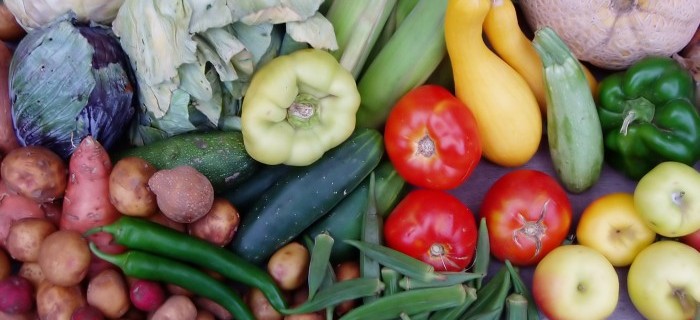Potential game-changer to transform household waste into fuel

August 27th, 2018
Green-minded British entrepreneur, Nik Spencer, sealed his first sustainable business deal at the tender age of 20. Two decades later, and now a seasoned businessman, he has innovated a device with the potential to allay the world’s fuel shortage and plastic crisis.
“Even when I was in junior school, I must have been destined to be in the waste and recycling business,” he says. “When I was only seven, I used to buy a lot of newspapers, and would sell them to raise money for the school.”
An iconoclast in the waste and recycling industry, Mr Spencer has gone from replacing traditional animal bedding with shredded newspaper to managing a recycling vehicle hire company and innovating a new formula for improved segregation of recyclable waste.
The Home Energy Resources Unit (HERU) is his newest innovation and was partly funded by the UK Government through its Game-Changing Fund, annually awarded to revolutionary ideas and innovations in the fields of technology and business.
Mr Spencer’s device, recently tested by the BBC science and environment team, takes your daily rubbish, recycles it, and extracts its energy to heat your home and water.
While it sounds like Heru is a mini-incinerator for your home, Mr Spencer says that it is markedly different. “It uses a process called pyrolysis. Pyrolysis in simple terms means decomposition of matter in the absence of oxygen,” he explains. “To incinerate is to burn, and to burn you need oxygen.”
When you place your rubbish in HERU, the device’s chamber heats to a searing temperature of hundred degrees, draining the waste of all water to generate heat and get rid of any remaining oxygen in the chamber.
At this stage the temperature increases even further and pyrolysizes the waste, that is, turning it into charcoal. Then the gadget releases oxygen into the chamber to burn the pyrolysized waste to produce gas and heat more water.
“Because we are pyrolysizing at under 300 centimetres, we are way away from producing hydrocarbon, so it is a very safe process,” Mr Spencer explains.
The process will produce a small amount of ash that is then flushed down the drain and the gas is sent to your home boiler. Mr Spencer emphasises that his device does not release any emissions into the atmosphere, adding that the machine’s exhaust is piped to the user’s home or office boiler.
“Every bit of gas that comes into a home or a business is produced by pyrolysis that has occurred over a few million years,” Mr Spencer says. “We have just sped up the process, and the gas is actually made in your home.”
HERU takes organic rubbish, as well as all types of plastic, even those that are customarily difficult to recycle such as yoghurt pots and supermarket bags.
Plastic pollution is a growing issue around the world, with approximately 8 million tonnes of plastic entering the world’s oceans every day – that is equivalent of dumping a truckload of plastic into the oceans every minute.
Plastic does not biodegrade in the natural environment but breaks down into tinier pieces known as microplastics. Microplastics cannot be seen with a naked eye. Marine animals regularly chow down on microplastics, making them potentially dangerous for humans to consume.
Mr Spencer advises against placing metal and glass waste into his gadget, even though it is not dangerous to do so.
“Let’s say you put a can of baked beans in for example, so it would pyrolysize the label and the beans that are inside, and when the machine goes into combustion, it would combust the char that is being produced,” he says. “And then the machine cleans itself afterwards, so it just leaves you with a clean metal can,” he continues.
“We advise not to put it in because if you put it in, you have to take it out, but it’s not dangerous at all.” HERU is slated to go into production by 2020.
[x_author title=”About the Author”]







